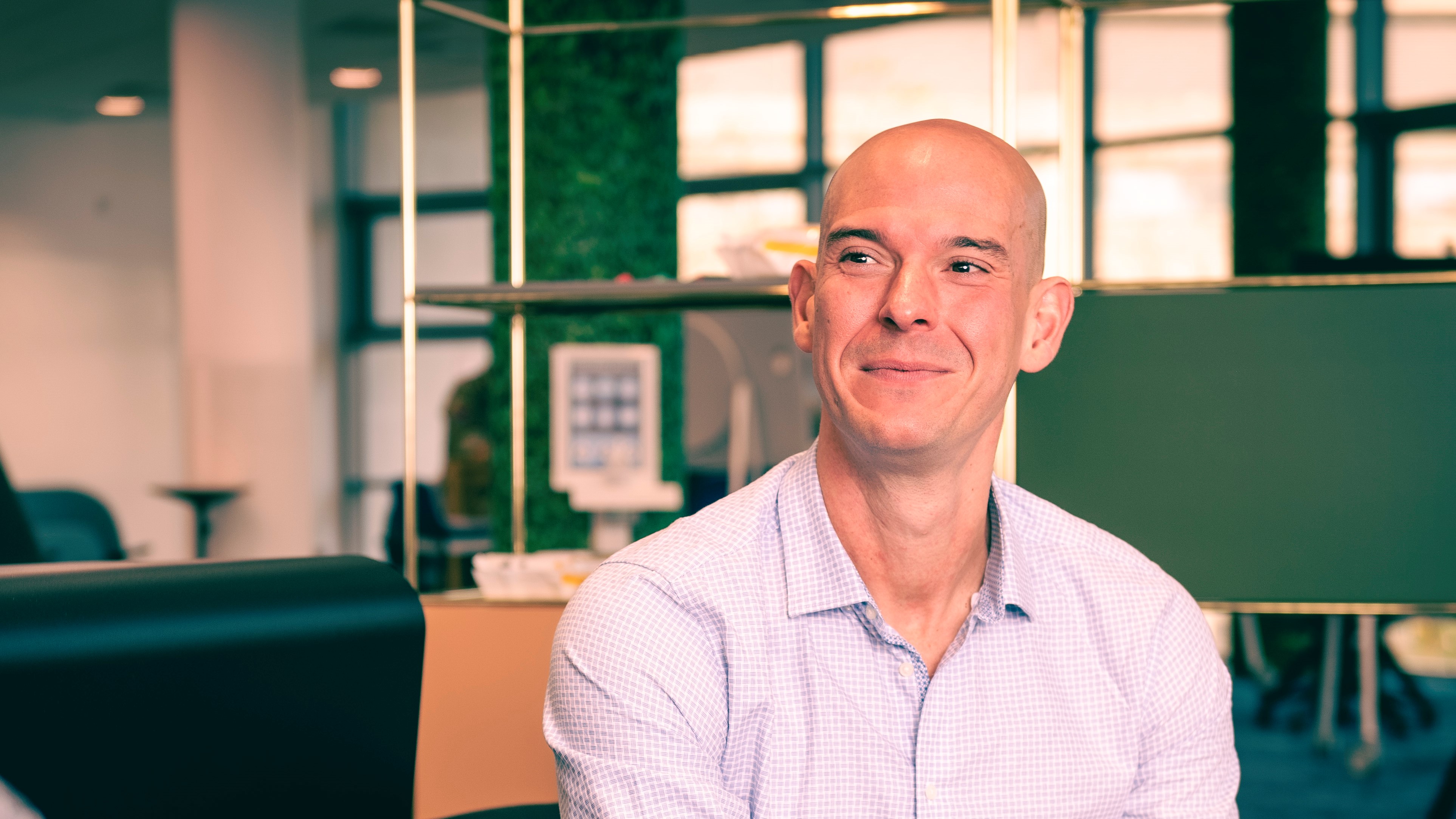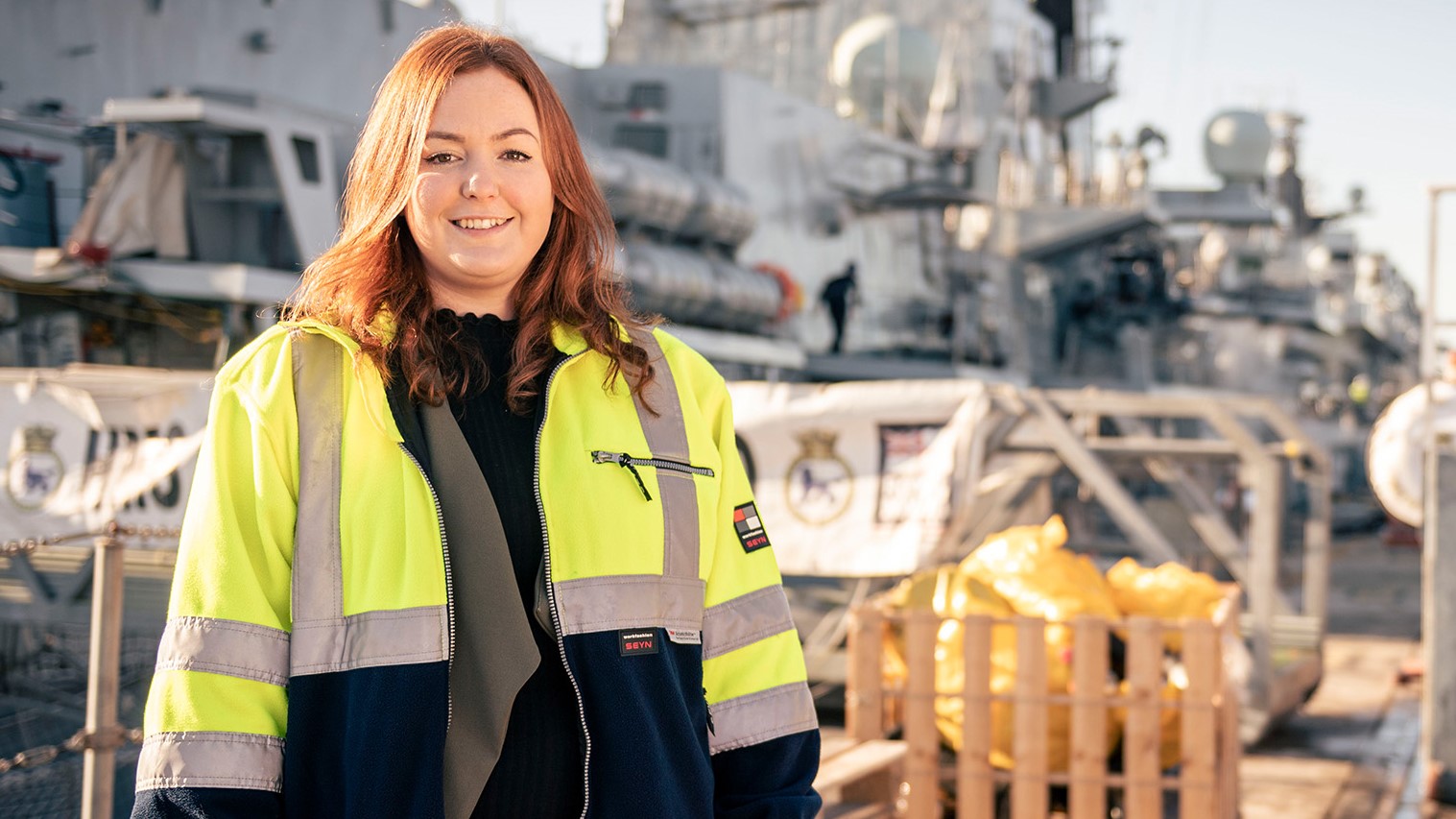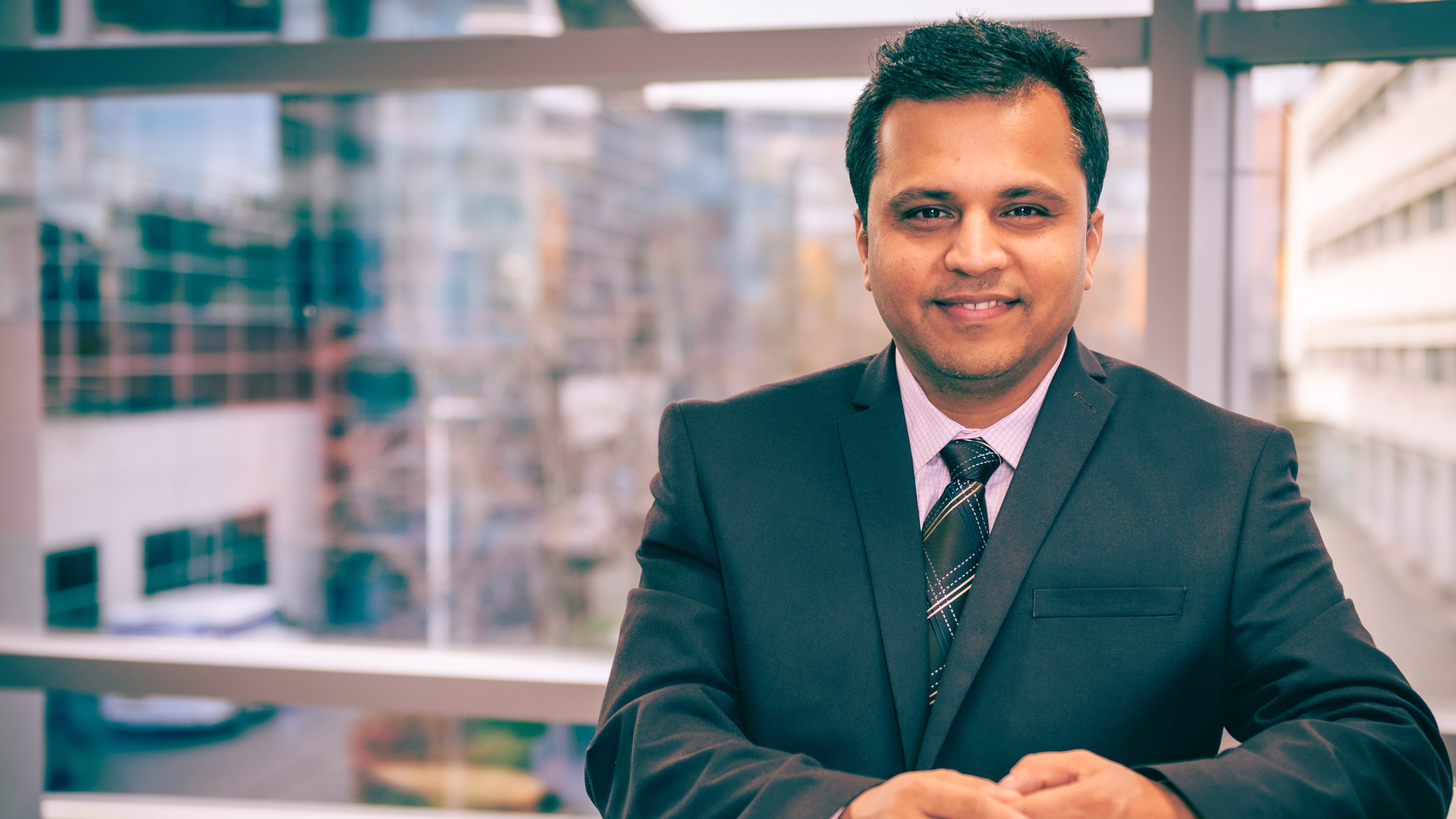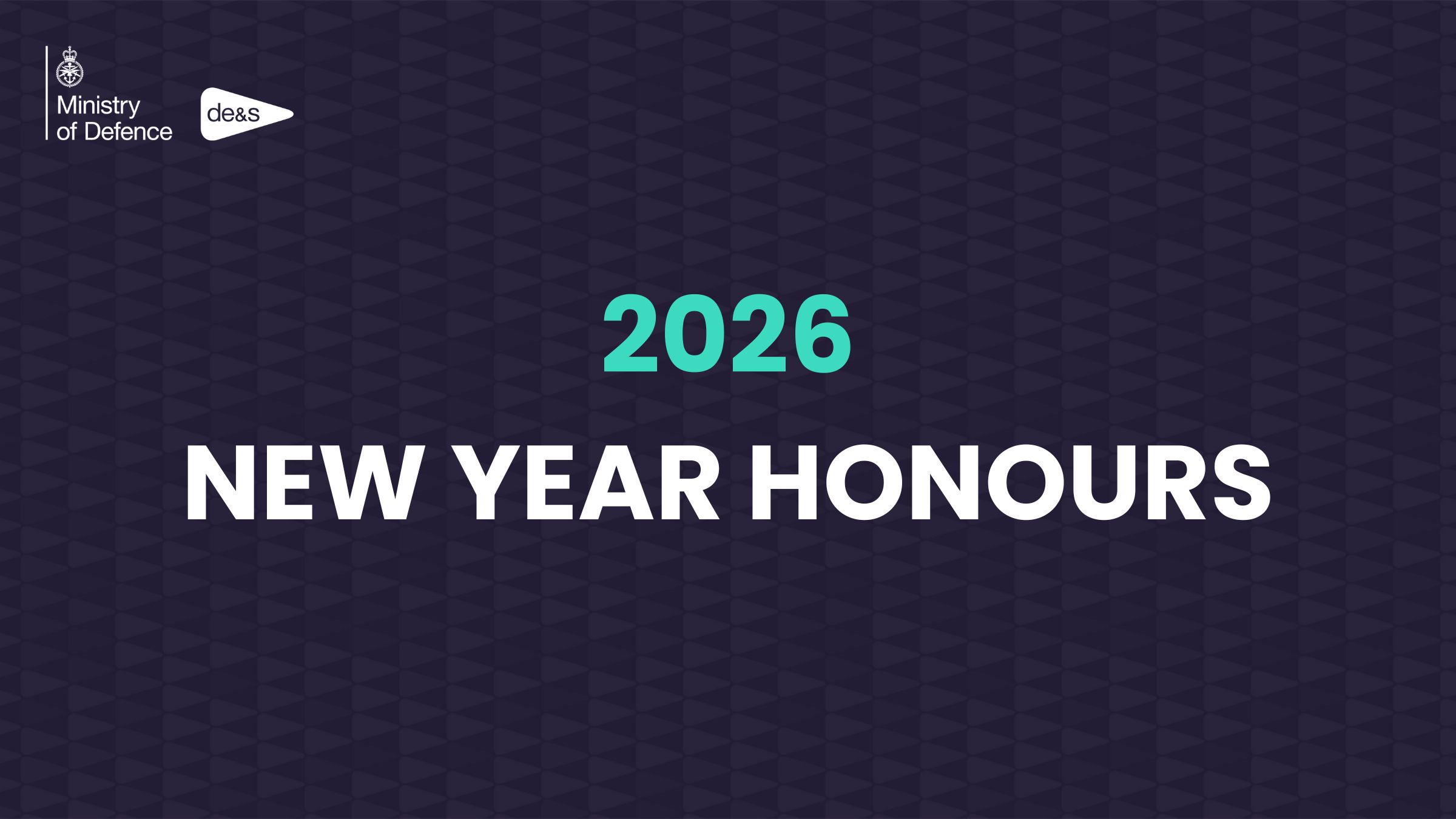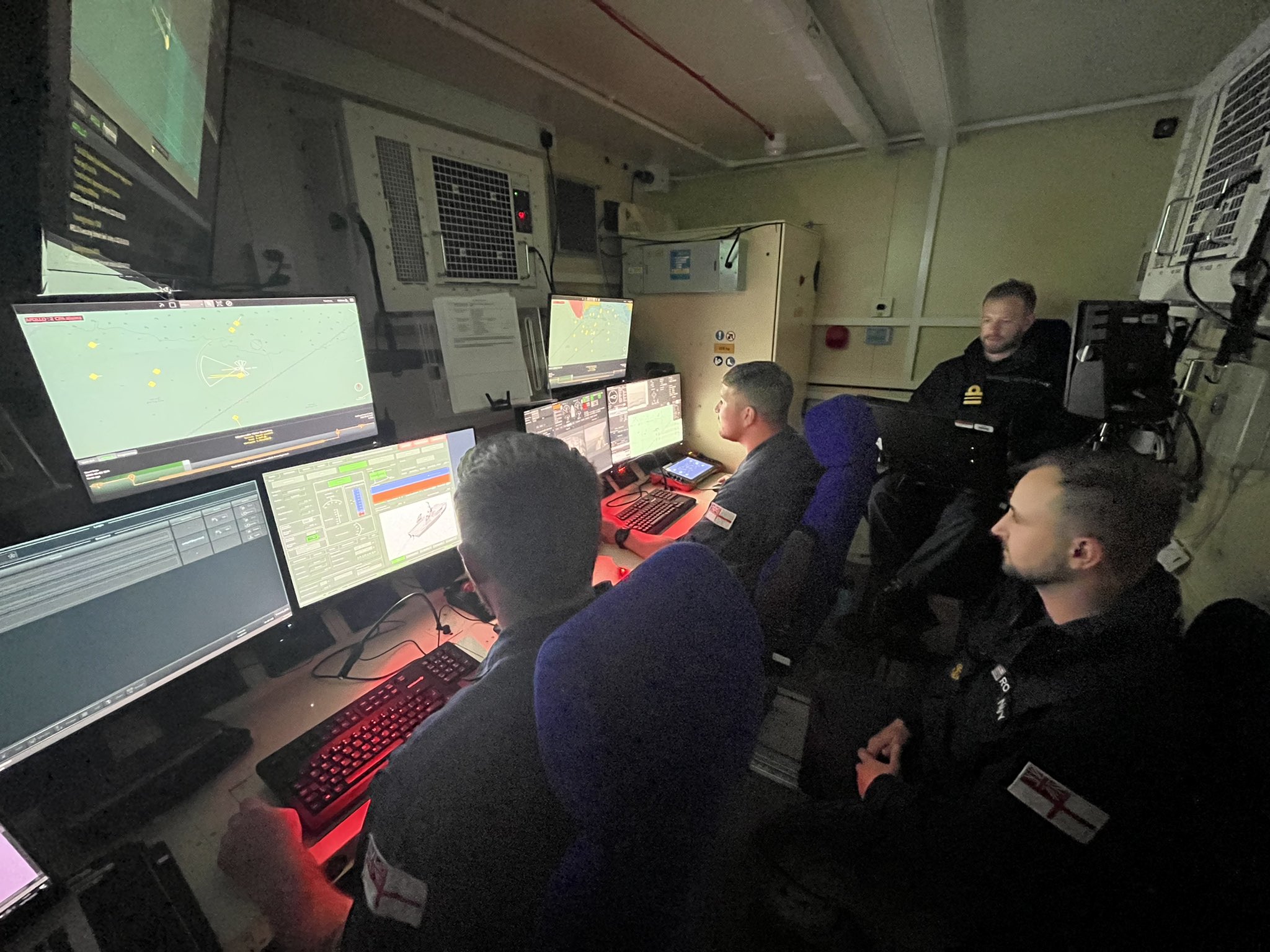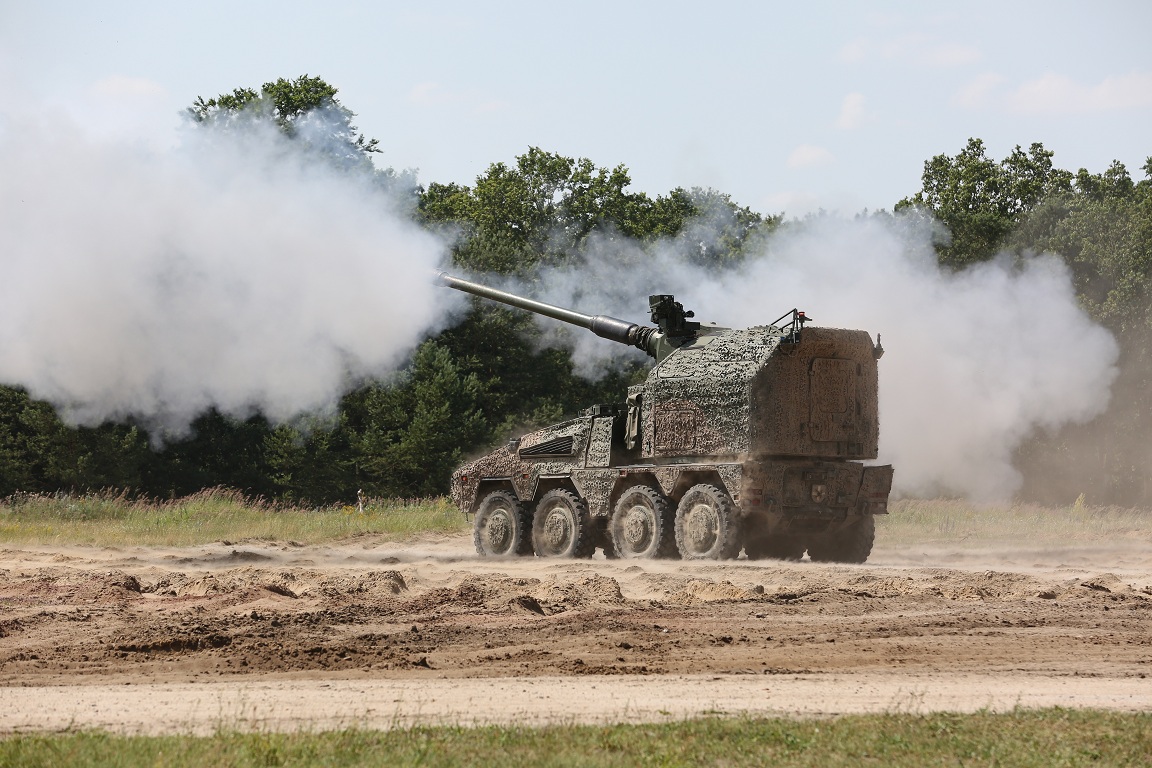Published 22 May 2020.
Established in 2016, the DE&S Pride Network works tirelessly to promote positive and inclusive practice for its membership, and the wider organisation. The Network holds a number of events through the year to raise awareness of issues facing the LGBT community, and give our allies the confidence to challenge assumptions and confront inappropriate attitudes and behaviour
Share this story
In recognition of Mental Health Awareness Week, Joe Curry, a representative of the DE&S Pride Network, offers a personal insight into why members of the LGBT+ community are more likely to suffer from poor mental health.
“As a gay man, I know that a portion of my poor mental health has been caused, not so much from being gay, but the fear of homophobic attacks that come with being gay. Every day, I am scared that I could be attacked, just for wearing a rainbow, or because someone might have seen me with my boyfriend. I can’t walk down the street holding hands with him, because I’ve had someone hurl abuse at me for it in the past, and I’m too afraid that it could happen again. That fear, combined with my underlying anxiety and depression, makes every day that little bit harder. I have to think about what I wear, what I say and how I say it.
“In recognition of International Day Against Homophobia, Biphobia, and Transphobia (IDAHOBT), on 17th May, the Pride Committee made a video highlighting some of our personal experiences that reflect where some of this fear and anxiety comes from.
“Half of LGBT people (52 per cent) said they’ve experienced depression in the last year, while one in eight LGBT people aged 18-24 (13 per cent) said they’ve attempted to take their own life in the last year.
“Having the support of a network, such as the Pride Network that we have here, would’ve helped me to deal with my fear. I would’ve felt less alone”
“Almost half of trans people (46 per cent) have thought about taking their own life in the last year, while 31 per cent of LGB people who aren’t trans said the same, according to Stonewall’s LGBT In Britain report in 2018.
“Stonewall’s research shows that one in four lesbian and bi women have experienced domestic abuse in a relationship. Two thirds of those say the perpetrator was a woman, a third a man. Almost half (49%) of all gay and bi men have experienced at least one incident of domestic abuse from a family member or partner since the age of 16.
“There is limited research on how many trans people experience domestic abuse in the UK, and the best studies have small group samples. However, these figures suggest it is a significant issue. A report by the The Scottish Transgender Alliance indicates that 80% of trans people had experienced emotional, sexual, or physical abuse from a partner or ex-partner.
“I have experienced this personally and understand the anxiety that domestic abuse can induce.
“I found that during my time of need, I felt very alone. I worked in retail at the time and they don’t usually provide any kind of support when it comes to protected characteristics. Having the support of a network, such as the Pride Network that we have here, would’ve helped me to deal with my fear. I would’ve felt less alone. This may have given me the courage to leave the relationship earlier, or to report it to someone who could’ve helped me.”
This may make for stark reading, but this is the reality of life for a large part of the LGBT+ community around the UK, and highlights the need for greater understanding and for allies, both in the workplace and in our personal lives.
At DE&S, we are committed to promoting diversity and inclusion across the workplace, and are proud of the work that the Pride network undertakes to meet these goals. Find out more about the network and its activities here.
For advice on how to spot someone struggling with their mental health, and guidance on how to offer support, we recommend the Ministry of Defence mental health pocket guide, in partnership with The Samaritans.
Finally, for a guide to support services in the LGBT+ community, visit Stonewall’s guide.


